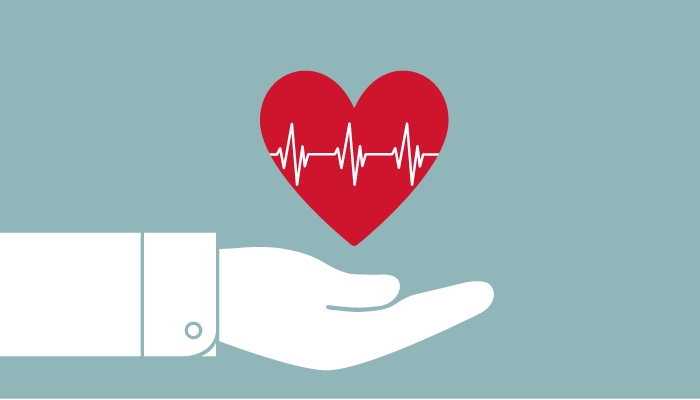
Article
A Bold Vision to Save the Lives of 475,000 Americans Each Year
March 11, 2020
DatePublished: 03-11-2020 03:12:03
DateModified: 05-03-2023 05:04:57
Read More
Article
-images/genius.jpg?sfvrsn=34c1362b_2)
July 29, 2019
DatePublished: 07-29-2019 03:19:17
DateModified: 05-03-2023 05:04:59
We tend to be more aware of the way others affect us, but it must go both ways. Everyone has likely had the experience of someone “rubbing off” on them. When you’re around a passionate person, your passion comes out. If those around you are upset, it might make you upset too. How tuned in are you to the way you show up and the experience you leave other people with?
Over the years, some interesting experiments have been done demonstrating just how influential we all are:
In 1964, Robert Rosenthal demonstrated that, when teachers expected kids to be smart, they actually got smarter.
In 1998, Carol Dweck and Claudia Mueller praised some kids for being smart and others for working hard. Those praised for intelligence avoided future challenging assignments and their performance declined. Those praised for working hard preferred seeing harder problems and their performance ultimately improved.
In 2014, Facebook conducted an experiment with more than half a million people in which they adjusted the frequency of negative and positive posts. Facebook showed that emotional states can be transferred to others without their awareness.
We can’t turn off our influence, but we can control it. There are places where we do this naturally because we want to have a positive influence: with our families, close friends, or people that work for us. But what about everywhere else? We encounter so many people each day, not to mention those we reach via email, phone, text, and Facebook. It stands to reason that the more we are at our personal best, doing our best work, the more we will motivate and inspire those around us. The question then becomes, what is our best?
So often we chalk up our wins to hard work, creativity, or perseverance—but we don’t ask ourselves what underpins these character traits and how we can pass them along to others. If it were as easy as telling someone to “work harder,” then there would be a lot more hard workers in the world.
Why is it that some people work harder than others, or appear more creative? Gap International finds the answer in what it calls Genius: the way our mind is working during our greatest successes. Genius is not something you are, it is something you have. Since everyone has accomplishments and things that they are proud of, everyone also has Genius.
“In conclusion I wish to say that in working at the problem here dealt with I have had the loyal assistance of my friend and colleague M. Besso, and that I am indebted to him for several valuable suggestions.”
– On the Electrodynamics of Moving Bodies, June 30 1905
So, what does this tell us? If we want to build the next Apple Computer or write the next Abbey Road, it’s pretty clear we won’t do it alone, and building an environment of Genius will be essential. But actually, it’s essential anyway if we want to do our own best work. However successful you are, others can make you better. And, you can make them better too. Discovering and sharing your Genius is one way to bring out the best in yourself and everyone around you.
You may also Like
Your bookmark has been saved. You can view it any time by accessing 'Saved Content' in the main navigation menu.